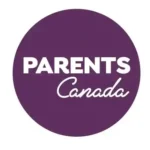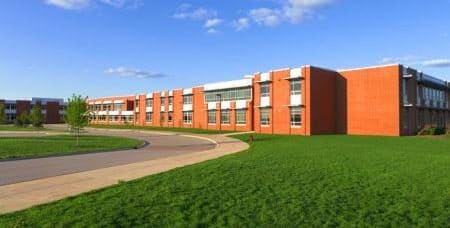Uncategorized
3 min Read
More parents choose Ontario private schools

September 20, 2017
Uncategorized
3 min Read

September 20, 2017

Turn the clock back 57 years; in 1960 fewer than two percent of Ontario students attended private schools.
By 2003, that percentage had risen to 5.3 percent. Throughout this time frame, enrolment in public schools had remained stable.
Take a shorter time frame. Between 1960 and 1975 – just 15 years – enrolment in Ontario private schools doubled. And doubled again by the turn of the century.
Ten years ago, a huge study was undertaken by The Fraser Institute, based on responses from more than 1,800 parents with children in 38 randomly selected Ontario private schools.
The study was looking for answers; one of which was the reason for parents’ increasing reliance on Ontario private schools.
Some people thought they had the easy answer. They contended that with the expanding upper class, Ontario private schools were catering to rich, privileged parents.
The Fraser Institute study showed that there was no single, easy answer. Parents from all walks of life were choosing an Ontario private school for a vast variety of personal reasons.
Only Ontario doesn’t provide financial support to private schools. The other side of that non-support means that the government doesn’t impose any conditions on private schools, either. So, perhaps more than any other province, Ontario offers a rich variety of schools.
Ontario private schools offer extras that public schools can’t efficiently provide such as individual attention, smaller class size, single-gender option and a wide range of after-school activities.
As well, there is a broad range of private schools with a religious foundation that appeals to some parents; Christian, including Roman Catholic (about 80 percent), Adventist, Amish, Baptist, Islamic, Jewish, Lutheran, Mennonite. The Fraser study showed that 32 percent of students in private schools were attending a Roman Catholic Separate school.
Nevertheless, the Ontario public school system also offers a variety of options; French immersion language schools, bilingual schools, sometimes accommodation for exceptional students, self-directed learning and academically focused schools. So why turn to private schools that, on the surface, just seem to mirror many of the public school options?
There are three basic types of private school:
Academically-defined schools centre on a traditional liberal arts education that includes Montessori and Waldorf methods of teaching and learning. They tend to conform to the image of the tradition, elite private school. Most are affiliated with the Conference of Independent Schools, which means they must satisfy certain requirements, such as having an arm’s length Board of Governors and non-profit status.
Religiously-defined schools have a denominational affiliation while still offering a strong academic program. Most of these schools are not directly operated by a church, mosque or synagogue but they do have a religious perspective. Eighty percent are Christian.
Special schools serve specific interests. About half in Ontario cater to the exceptional student. Others serve, for example, those with learning disabilities, autism, giftedness, and behavioral issues. Some offer summer outdoor education programs or parent-co-operative education.
It’s every parent’s obligation to properly assess their child’s needs. That’s what will lead to the perfect decision.